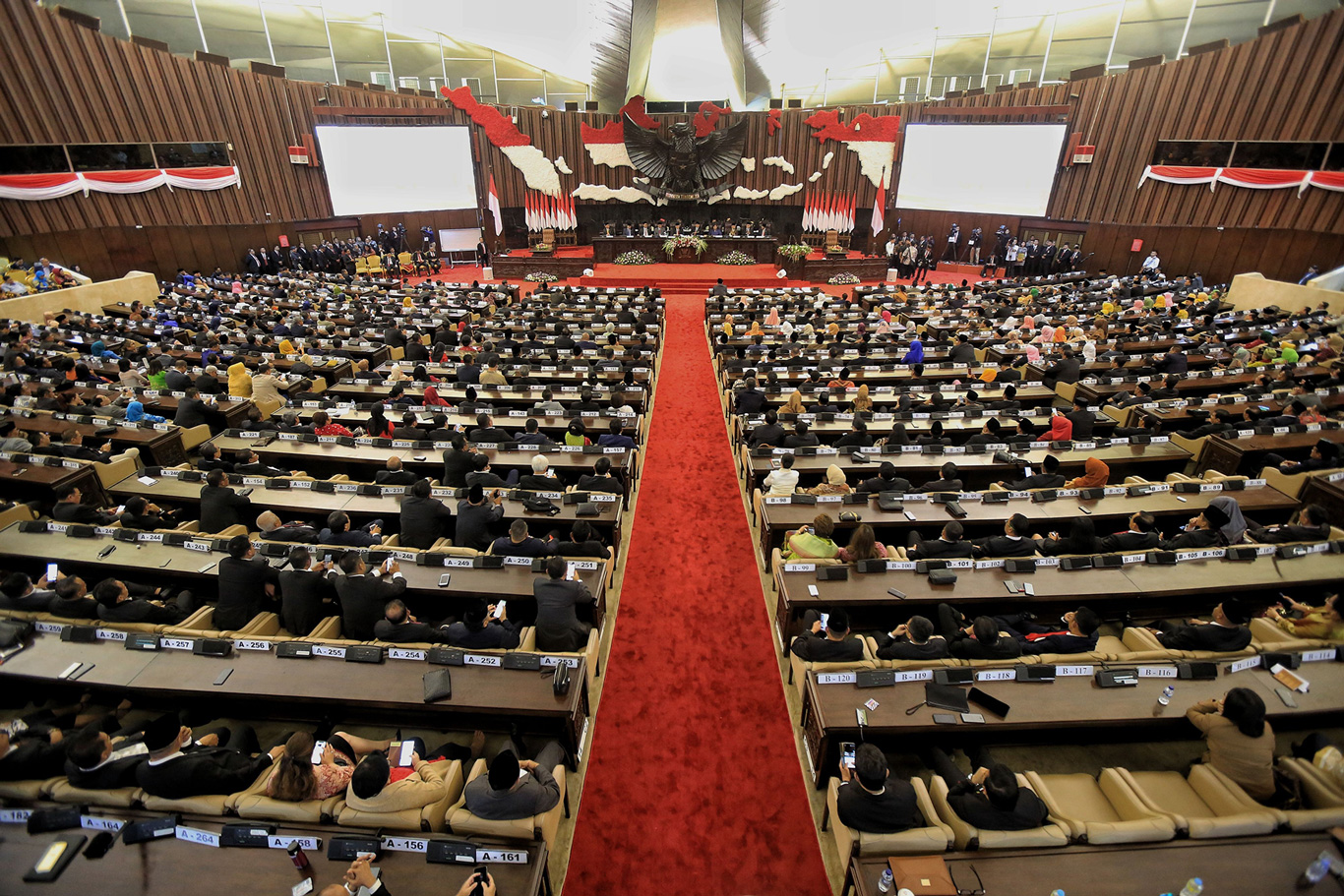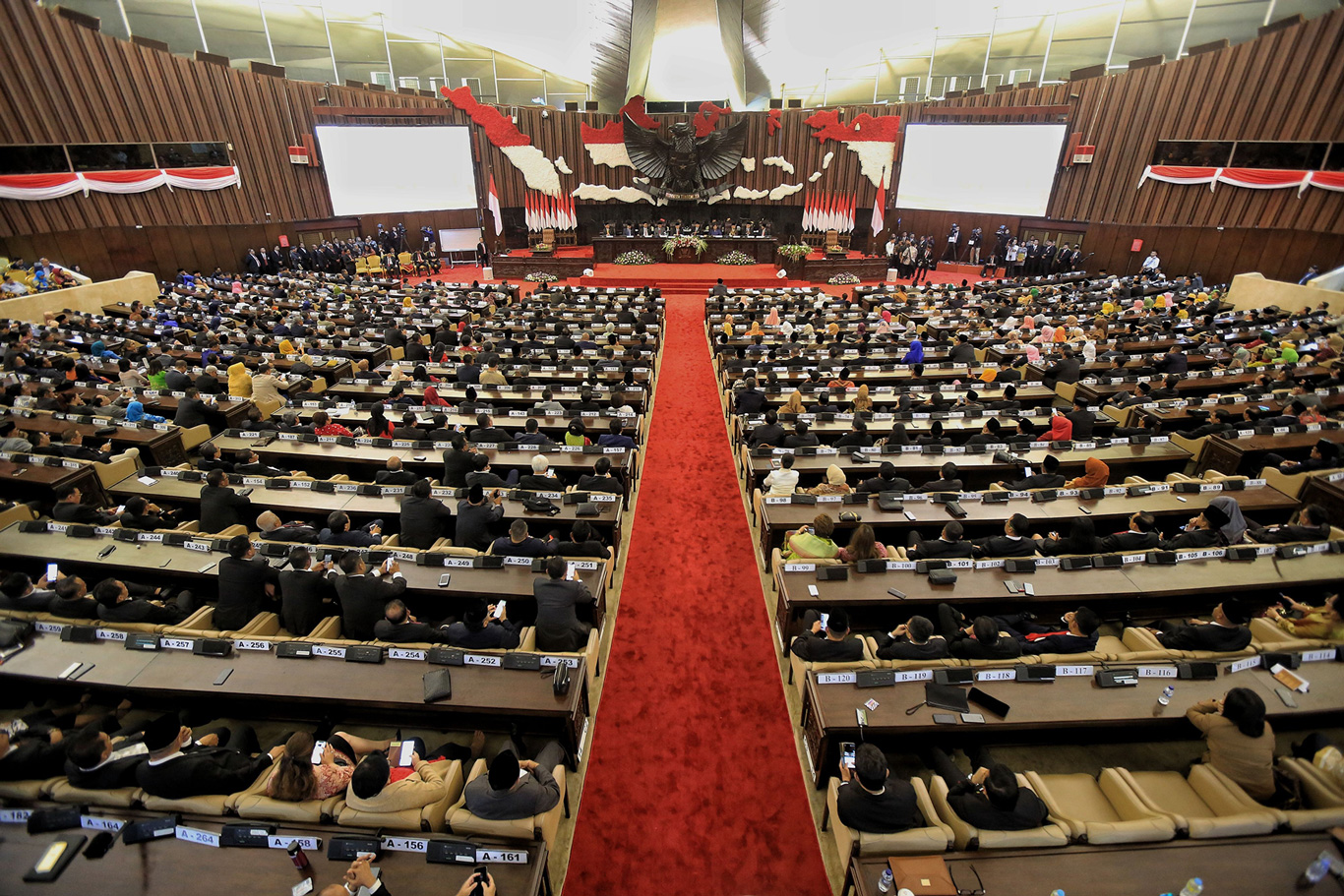Popular Reads
Top Results
Can't find what you're looking for?
View all search resultsPopular Reads
Top Results
Can't find what you're looking for?
View all search resultsDangerous wish to extend presidential term limit
The longer the presidential term of office, the higher the possibility for development to face danger.
Change text size
Gift Premium Articles
to Anyone
P
oliticians are testing the waters over an initiative to change the presidential term limit. Some have proposed a single term of six or seven years; others called for three terms of four years or no limit for a five-year term as long as the president is not elected back-to-back. The idea is to enable the president to complete their development programs.
Such an assumption is speculative and will put Indonesian democracy at risk. The longer the presidential term of office, the higher the possibility for development to face danger.
The rationale is the following. First, extending the term of office would lead to a greater concentration of power in one person. This is even more pertinent under a presidential system of government, which already places the center of power in the hands of the president as a person. The presidential system is less flexible in dealing with dynamic political developments than the parliamentary system, as the latter enables the prime minister to dissolve the parliament and organize an election on brink of a nonconfidence vote.
When challenged, a president may abuse power and slip to authoritarianism with a pretext for maintaining stability. Checks and balances between branches of power are fragile in the presidential system because a president may exercise authority to appoint judges or to influence an agenda in the parliament. This explains why the term of office under the presidential system is stricter compared to the parliamentary system.
In the parliamentary system, there are relatively no restrictions in the terms of office for a prime minister or head of government. In Germany, chancellor Helmut Kohl was in power for 16 years before being replaced by Angela Merkel, who has now served for 14 years and can complete her term in 2021.
In Asia, Singaporean Prime Minister Lee Hsien Loong has been in power since 2004, making him the second-longest-serving leader after his father Lee Kuan Yew, who ruled for over 30 years and remained highly influential even after retiring. Having no term limit allows someone like Shinzo Abe, the prime minister of Japan, to run for office and regain power despite his resignation in 2007.
Second, studies on the correlation between the political system of government and the success of development are still very limited. Most studies on presidential term limits are associated with democratic consolidation rather than the success or failure of a country’s economic development.


















